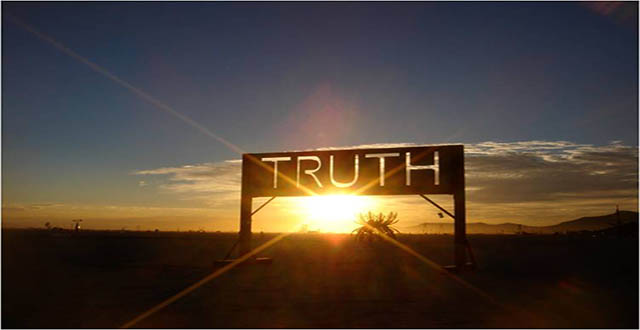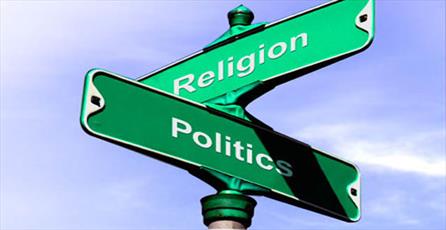Hawzah News Agency-Freedom, from the point of view of religion, can be studied under two headings: spiritual freedom and socio-political freedom. From the spiritual perspective, man’s essence or immaterial self is free from corporeality, materiality, and material characteristics. It is nostalgic of its place of origin, the realm of the Dominion and the spiritual world. But due to the attachment of his soul to the body, it is entangled with worldly and material affairs. Man has no choice but to pursue his perfection through the means that this world affords, for this world is the cultivation field for the hereafter. However, most people tend to view the world in an independent way and are ignorant of its true value which is found in its relation to the hereafter. Hence they get caught up in frivolities and trivial pleasures and this bars them from ascending to the heights of perfection. Instead of concentrating on the essence and reality of things they are distracted and consider the sensible phenomena as ultimate reality—being utterly oblivious of the malakut (the celestial realm) and spiritual reality of things. It is in this vein that the seekers of the material world perceive freedom as paramount to enjoying the pleasures of the world without any restraints, whereas true freedom lies in extricating oneself from the snares of lust, and it is this freedom which religion encourages. From the religious point of view, even the mighty king who is constantly expanding his empire might be a slave, a slave to his self, while it is very probable that someone living in utter poverty might have absolute sovereignty.
In conclusion: what the seekers of the material world pursue is the illusion of imaginary freedom, but that which religion encourages is real freedom.
Regarding social and political freedom, Islam neither advocates radical freedom and anarchy, nor does it compel the believer to surrender to all external circumstances and unjust powers, something that would undermine his dignity.
It can be said that individual and social freedoms do exist in Islam but with a qualification that fundamentally distinguishes them from those that are espoused by the Western worldview. For Islam is Allah-centered, and as such, ordains that man, in his intellectual discernment and application of will, refer only to Allah (awj). In the domain of moral upliftment and cultural progress, Islam exhorts the human community to establish justice and forbids its members from infringing on the rights of each other, while at the same time encouraging them to expand their knowledge and intellectual endeavors with a view to the proper application of knowledge.
End






Your Comment